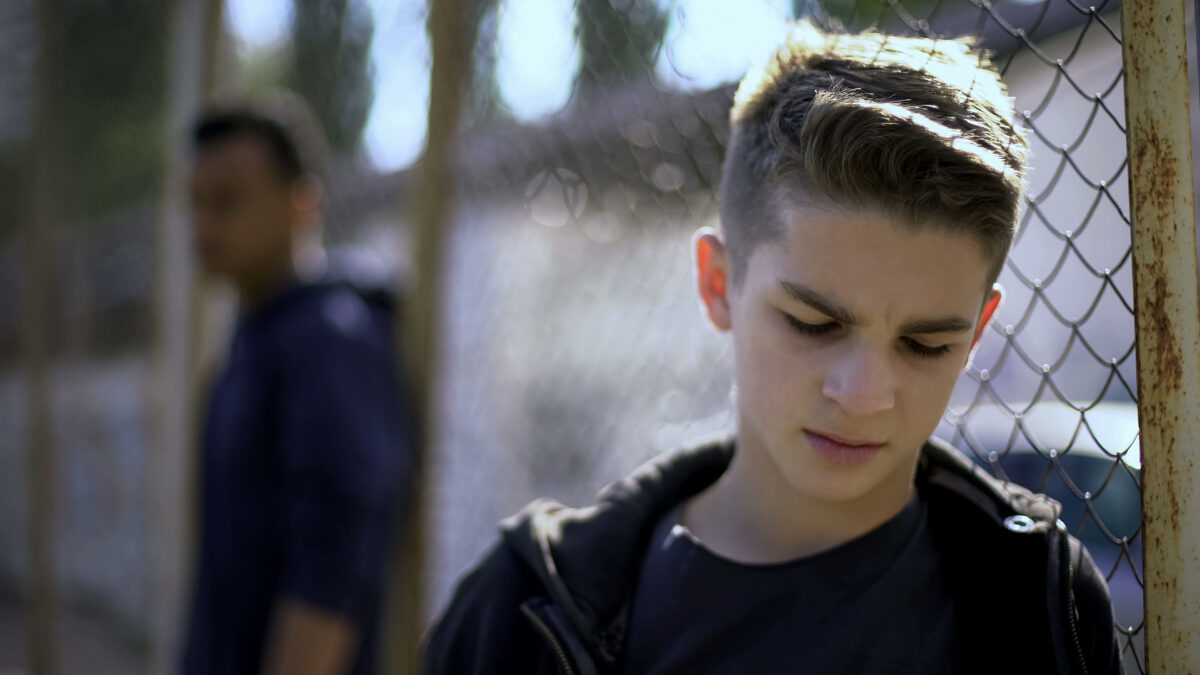Today’s teens are stressed, there is no denying that. Since 2013, teens have reported higher levels of stress than adults, and between 40% and 60% of college-aged students report having experienced significant episodes of anxiety or depression during the year. Given these statistics, most parents would agree that summer offers a much-needed reprieve from the demands of everyday school life. However, is a complete reprieve — one free of chores and responsibilities and full of nothing but free time — really all that healthy for adolescents? Studies suggest no, it’s not.
The Startling Statistics
According to the Substance Abuse and Mental Health Services Administration, the rates of initiation (first time drug use) were highest for five of nine popular drugs during the summer months. Per the study, 11,000 teens tried alcohol for the first time, more than $5,000 tried cigarettes and more than 4,500 tried marijuana — each day during the summer. Moreover, more than 1,500 youth used hallucinogens for the first time in the summer, compared with an average of between 1,100 to 1,400 per day in other months. The use of inhalants for the first time peaked at 1,800 new users in July, compared with an average of between 1,000 and 1,700 initiates during other months.
The Why
The “why” of the increase in teen substance abuse during the summer is fairly straightforward: Boredom, lack of supervision and lack of structure. Despite what they may tell you, teens crave structure. Teens are constantly looking for ways to explore, try new things and have fun. When parents leave their teens to their own devices for hours on end each day, the teens may act on that natural urge in not so positive ways. This is especially true if they have friends who are experimenting with drugs or alcohol.
In fact, research suggests that the main predictor for teen drug and alcohol use is if their best friends partake and/or has access to illicit substances. Though a family history of substance abuse is certainly a risk factor, teens are more likely to cave to “peer pressure” if it means gaining acceptance from peer groups.
Preventing Substance Abuse in Your Teen
So, if the reason behind teen drug and alcohol use during the summertime is boredom and lack of structure, the solution seems pretty clear: Keep your teen busy. Though he or she might begrudge you for doing so, enroll him or her in summer camp. Sign your child up for music and art lessons, and, for those times when your child is not busy, make a list of chores for him or her to complete. Some other things you can do to protect your child against substance use include the following:
- Make sure your child has adequate supervision at all times. If he or she is too old for a babysitter, require him or her to check in with a neighbor, family member or yourself multiple times a day.
- Educate your child. Though your teen may tell you he or she knows all about the dangers of drugs and alcohol, sit him or her down, show the statistics and provide real life examples of the effects of substance abuse.
- Establish a rewards and penalties system. Let your teen know there will be consequences for using drugs or alcohol, but also reassure him or her the consequences will be far less severe if he or she comes clean about prohibited behavior.
Warning Signs of Substance Abuse in Teens
Unfortunately, some headstrong teens will always find a way to skirt the system and find time to “experiment.” If you suspect your child is one of those teens, and if you believe your child has fallen into a bad habit despite your best intentions, there are certain signs you can look for:
- Unusual mood swings, anger, aggression and defensiveness
- Bloodshot eyes
- Unkempt appearance
- Glassy or blank stares
- Change in social groups and reluctance to talk about new friends
- Loss of interest in sports or activities your child once enjoyed
- Missed curfews
- Secretive behavior
If you do notice any of these signs in your teen, it is important that you do not overact. Talk to your teen to determine the extent of the issue. Was it a one or two time thing, or is your child in deep? Reiterate the dangers of drug use and explain to your teen that his or her health is your number one concern. If being open and honest with your child does not work, you may need to enlist the help of a professional.





